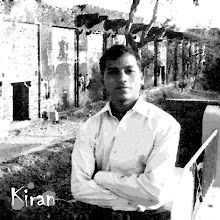
Vasco was born, circa 1469, to a noble family (his father was Estêvão da Gama and his mother was Isabel Sodré) in Sines, Province of Alemtejo, Portugal.
Da Gama’s father had originally been chosen by King João II to make this historic voyage, but both passed away before the project could be carried into execution. De Gama was serving as a gentleman at court when he was chosen to lead the expedition to India, in January 1497. This expedition followed the pioneering expedition of Bartholomeu Dias who rounded the Cape of Good Hope in 1488.
On the 8th July 1497 four ships left Lisbon - the Sao Gabriel, on which da Gama sailed, the Sao Rafael, the Berrio, and a storeship. At the beginning of November 1497 the fleet anchored in St. Helena Bay. They reached the Cape of Good Hope region on the 7th November 1497, and rounded the Cape on the 22nd November 1497. On the 25th of November they anchored in Mossel Bay. On 16 December 1497 the fleet arrived at the furthest landing point of Dias, gave the Natal-part of the name of the KwaZulu-Natal province on Christmas Day, and reached by the end of January, 1498, the month of the Zambesi, which was in the territory controlled by the Arabian maritime commercial association.
On the 20th May 1498 they reached Calicut and docked on the coast of Keraka, becoming the first Europeans to set foot in India. On setting his foot on South Asian soils on the dawn of May 21, 1498 Vasco de Gama shouted, "For Christ and spices!"
Having loaded up with spices Da Gama returned and finally reached Lisbon on the 9th September 1499.
Vasco da Gama died in (Cochin) India on the 24th December 1524. He was buried in a Franciscan monastery near the Old Fort.
Source





